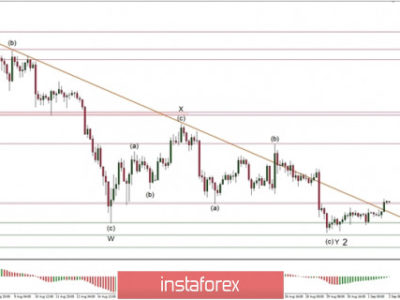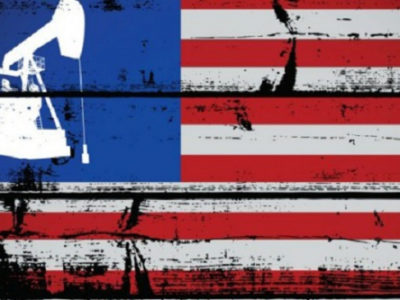The Huawei Ban and Why US May Lose the Corporate War With China
For years, Donald Trump has been critical of the US relations with the traditional
US allies in Europe. He has also been critical of China and the threat it
poses. In the 80s and early 90s, the president wrote full-page ads expressing
his worries about the increasing trade deficits.
When running for president, he continually talked against the large trade deficits,
manufacturers leaving the country, and the bad trade deals the country had done
in the past.
In his first year as president, he worked to address this issue by first lowering
taxes to companies. His hope was that companies would be enticed by the low
rates and reduced regulations to come back to the country. In the following
year, he continued this with the announcement of tariffs on imported goods.
With tariffs, his goal was to reduce the large trade deficit the US has with
countries like China.
The trade war had a ceasefire in December last year when the president met with his
Chinese counterpart. The two leaders agreed to start negotiations on reducing
the deficits. March 30 was the deadline for these negotiations. This deadline
was extended because talks appeared to be going on well.
This changed two weeks ago, when the US president sent two tweets saying that the US
would go ahead with the tariffs. A few days later, the US imposed tariffs on
goods worth more than $200 billion and China retaliated with tariffs on goods
worth more than $60 billion.
The next bold move from the US was to target Chinese companies. Huawei was the
first to be targeted. Suppliers were banned from supplying goods to the
company. This means that American chip manufacturers like Qualcomm and Intel
were forced to cut of Huawei as a customer. The same was true with operating
system suppliers like Google and Microsoft.
The question among traders is how this ban will affect business. The truth is that
the US will be difficult to win a company-targeted war. This is because most of
the biggest Chinese companies don’t do any business in the US. Huawei phones
are not sold by US companies while its telecommunication and cloud equipment is
not bought by US customers. On the other hand, major US companies are counting
on the Chinese to grow. These includes companies like Tesla, General Motors,
Boeing, and P&G. Therefore, while China will not announce a ban of these
companies, it will create barriers that will make these companies find
difficulty to compete.
Another reason why the US will not win a trade war with China is that the key issue at
hand is not the right one. Trump measures a victory on the trade deficits,
which is not a good measure. This is because a trade deficit is not entirely a
bad thing for a country. In fact, it could be a measure of how good the economy
is.
Finally, Trump is fighting for a deal with a two or four-year lens. This is because in
the next few years, he will be out of office. Xi Jinping on the other hand will
likely be president for the next decade. Therefore, when you have different
goals, the long-term view tends to win.
The post The Huawei Ban and Why US May Lose the Corporate War With China appeared first on Forex.Info.
Source:: The Huawei Ban and Why US May Lose the Corporate War With China










